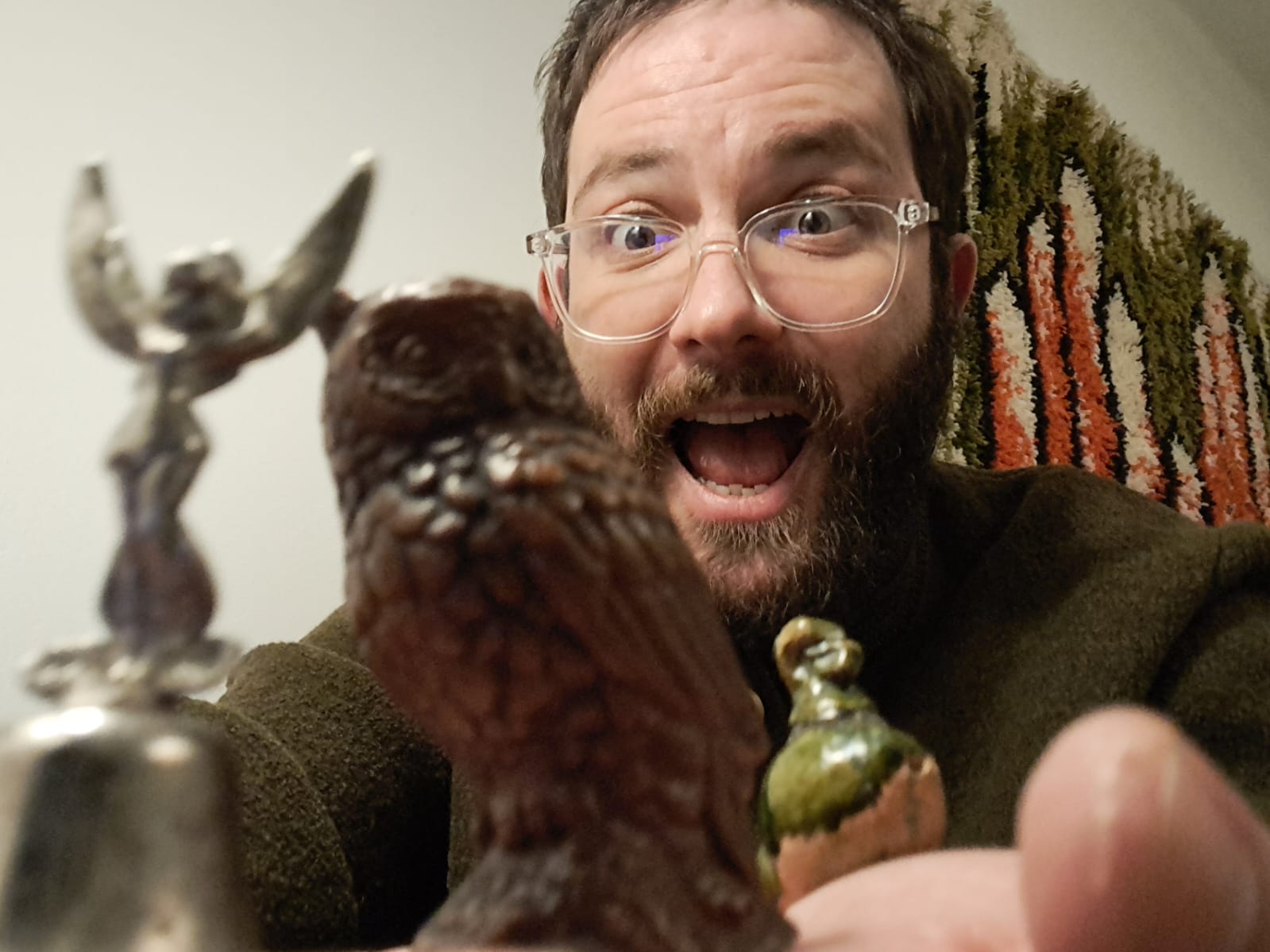
The Virtues of Diogenes, a three-part adventure
The David Graeber Institute will facilitate a reading group to explore why David Graeber rated Diogenes.
In the first session, we will explore the world of Diogene’s philosophy epitomised in the tale of when he met Alexander the Great. We can interpret this tale as reflecting Graeber’s argument that ‘the focus on hierarchical systems in anthropology has come at the expense of attention to interpersonal status dynamics.’ We will be supported in this by Anthropologist Anni Kajunus, who has made this observation about Graeber’s work and who will present her paper ‘A developmental perspective on social status: children’s understanding of hierarchy in Nanjing and London’ followed by a discussion where the participants will explore how power emerges through interpersonal relations in different contexts. Before the meeting, participants are asked to watch this video prepared by Anni:
In the second session, we will explore the world of Diogene’s philosophy by creatively comparing Diogenes Cynics with his contemporary Xenophon’s Cynegeticus. We will speculate on both these dog-associated philosophies and imagine what they might tell us about the worlds and the ecologies they imply. We will be supported in this by anthropologist Avi KBH, who has analysed the history of recreational hunting in Europe and has published an ethnographic answer to ‘why people hunt’. You can also listen to an audio version of Avi’s paper here: Part 1 and Part 2. In doing so Avi will unpack how Xenophon’s Cynegeticus and recreational hunting have fundamentally shaped notions of freedom, virtue, and salvation through ‘nature’ in comparison to Diogenes notions of virtue. This will be followed by a discussion where participants will explore how the dog-associated philosophy of Diogenes suggests alternative human-nature possibilities. During the session Avi will also draw on chapter 3 of his 1018 doctoral thesis that covers the transformation in human-nature relations before and after the Cynics and Stoics.
Building on the first two sessions, in this third session we will review what we have learnt about the world of Diogene’s philosophy, why it was rated by Graeber and focus on what it means for how we navigate theory and practice. For Diogene’s Cynics and later the Stoics, the mythical manifestation of how to navigate life was to create and undermine the idea of Hercules and recast him in a different light. As Diogenes, always the provocateur, reportedly said about Hercules, ‘it is the privilege of the gods to need nothing and of god-like men to want but little’. We will be supported in this tricky task by writer, editor, and translator Mirna Wabi-Sabi. Using her personal experience Mirna will share how she navigates life and in doing so will unpack the key link she draws between authorship, authority, authoritarianism and anarchism and the differences. Specifically, how autonomy can be distressing:
“When executing an anarchist project there are not many guarantees that it will work, guidelines to be followed, or an institution that has established a process for validating context. There is only you. You are the authority – you have the autonomy. For many people, this is distressing. It puts us in a vulnerable position, it makes us susceptible to scrutiny, to failure, therefore to insecurity and doubt…[however if you] seek authority [you] can achieve it through authorship, taking into account that in anarchist organizations there are no employees. So, if you need help with your project, it is no longer just yours.”In preparation you can read the chapter from which this is quoted here or you can purchase a hardcopy or a digital copy online from your favourite bookshop or via Plataforma9 (hardcopy) (digital.) We will then discuss our journeys exploring the mythologies we are a part of and are crafting. Please register any additional updates for each session.
This reading group with meet on February 8, March 21 and April 11 at 20:00 (London time).
Register here.
